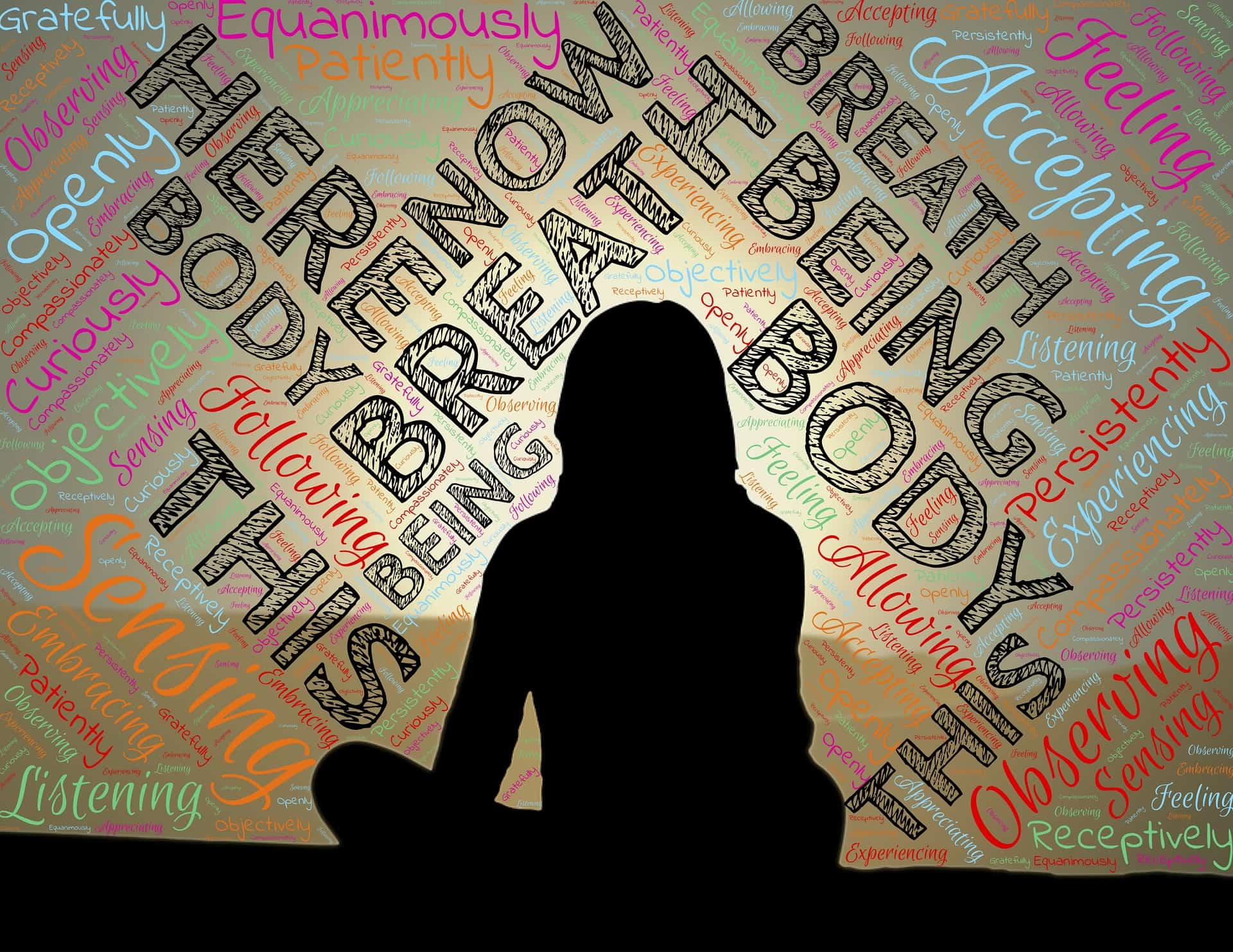Deep down, we all know we feel better when we take the time to chill out.
We’re happier, we sleep better, and we perform better at work…
…yet, most people feel they either don’t have the time or deserve the time to relax.
That taking time-out is somehow a luxury we can’t afford or (even worse) a sign of weakness.
We would suggest to you today, that taking time out to relax is not a luxury but an essential part of creating health.
Not a weakness, but an exercise in building strength and resilience.
Need more incentive?
Stress is linked to to nearly every single chronic disease out there—from heart disease and cognitive decline[note]<a href=”https://www.sciencedaily.com/releases/2007/10/071009164122.htm”>https://www.sciencedaily.com/releases/2007/10/071009164122.htm<a/>[/note] to insomnia, depression[note]<a href=”https://www.mayoclinic.org/healthy-lifestyle/stress-management/in-depth/stress/art-20046037″>https://www.mayoclinic.org/healthy-lifestyle/stress-management/in-depth/stress/art-20046037</a>[/note] and insulin resistance[note]<a href=”https://www.mayoclinic.org/healthy-lifestyle/stress-management/in-depth/stress/art-20046037″>https://www.mayoclinic.org/healthy-lifestyle/stress-management/in-depth/stress/art-20046037</a>[/note].
The good news is: stress-busting practices need not take more than a few minutes a day, can even be done at work and can make a significant impact on your present and future health.
Here are 5 of our favorite, quick, science-backed hacks to reduce stress…no matter what your schedule or lifestyle.
#1: Practice deep belly breathing often
Stress management doesn’t get much easier than breathing in and out—but correct technique is everything.
How to do it:
To breathe properly for stress reduction, follow these steps:
- Place your hands on your navel.
- Close your eyes and become aware of your breath as you breathe normally. Notice if your shoulders are rising up and down and how deeply you’re breathing. Don’t try and change anything just yet, simply notice how you’re breathing.
- Next, focus on breathing in deeply to the count of 10 without raising your shoulders (raising your shoulders is a sign of shallow breathing, which you want to avoid).
- You want your belly to stick out as the air fills it up—this is no time for sucking-in, let that Buddha belly poke out with pride!
- Once you’ve counted to 10, hold that breath for 3 seconds.
- Release the breath slowly for tens seconds and repeat 10-20 times, several times a day.
What will this do for your health?
Deep belly breathing has been shown to reduce stress, lower or normalize blood pressure normalize heart rate, increase focus and calm[note]<a href=”https://www.health.harvard.edu/mind-and-mood/relaxation-techniques-breath-control-helps-quell-errant-stress-response”>https://www.health.harvard.edu/mind-and-mood/relaxation-techniques-breath-control-helps-quell-errant-stress-response</a>[/note].
Plus, it’s nearly impossible to stay stressed out while you’re breathing deeply…try it.
#2: Get grounded
This is another super-simple stress-busting hack anyone can do any time—even as you sleep.
What is it?
Grounding or “earthing” is the practice of coming into direct contact with the earth’s surface.
How does it work:
Believe it or not, your body is as electrical in nature as it is biological.
For example, your nervous system, heart and brain all function on electrical impulses. EKGs, for example, measure the electrical impulses of the heart.
The earth is also electrical in nature, and emits an abundance of negatively-charged electrons.
Humans emit a naturally positive electrical charge.
Together, we make a balanced circuit.
But, most of us spend very little time in direct contact with the earth anymore…we wear synthetic shoes, we work in high-rises, we sleep above the ground, we spend most of our time indoors, we drive everywhere in cars, etc.
Plus, we spend our days plugged-in to technologies which also emit a positive charge.
As it turns out, research has shown this lack-of-connection with the earth, coupled with too much positive energy, can contribute to a variety of health issues[note]<a href=”https://www.ncbi.nlm.nih.gov/pmc/articles/PMC4378297/”>https://www.ncbi.nlm.nih.gov/pmc/articles/PMC4378297/</a>[/note].
The solution: get grounded by reconnecting with the earth’s negative electrons on a daily basis.
How to get grounded:
- Walk around outside barefoot. This works on the grass, dirt or even on concrete.
- Garden.
- Swim in the ocean.
- Walk on the beach.
- Use an earthing or grounding mat—these connect you to the earth’s negative energy via a copper wire. You can use grounding mats at your desk or while you sleep.
- Experts recommend 30-40 minutes a day or earthing for best results, but even 5 minutes of walking around barefoot will make a difference.
Proven health benefits of earthing/grounding are often linked with the natural anti-inflammatory antioxidants found in the earth’s negative electrons, and include:
- Improved sleep [note]<a href=”https://www.ncbi.nlm.nih.gov/pubmed/15650465″>https://www.ncbi.nlm.nih.gov/pubmed/15650465</a>[/note]
- More balanced cortisol levels (cortisol is your stress hormone)[note]<a href=”https://www.ncbi.nlm.nih.gov/pubmed/15650465″>https://www.ncbi.nlm.nih.gov/pubmed/15650465</a>[/note]
- Less pain[note]<a href=”https://www.ncbi.nlm.nih.gov/pubmed/15650465″>https://www.ncbi.nlm.nih.gov/pubmed/15650465</a>[/note]
- Reduced inflammation[note]<a href=”https://www.ncbi.nlm.nih.gov/pubmed/18047442″>https://www.ncbi.nlm.nih.gov/pubmed/18047442</a>[/note]
- Improved mood[note]<a href=”https://www.ncbi.nlm.nih.gov/pubmed/25748085″>https://www.ncbi.nlm.nih.gov/pubmed/25748085</a>[/note]
- Better cardiovascular health and reduced risk of heart disease[note]<a href=”https://www.ncbi.nlm.nih.gov/pmc/articles/PMC3576907/”>https://www.ncbi.nlm.nih.gov/pmc/articles/PMC3576907/</a>[/note]
To name but a few…
#3: Spend time with a friend or pet
Spending time with a friend or friends has been proven to reduce your body’s stress response [note]<a href=”https://www.ncbi.nlm.nih.gov/pubmed/21895364″>https://www.ncbi.nlm.nih.gov/pubmed/21895364</a>[/note] and increase longevity by up to 50%, per a recent meta-analysis of 300,000 people published in PLOS Medicine [note]<a href=”http://journals.plos.org/plosmedicine/article?id=10.1371/journal.pmed.1000316″>http://journals.plos.org/plosmedicine/article?id=10.1371/journal.pmed.1000316</a>[/note].
And furry friends count too!
Time spent with a pet also reduces stress [note]<a href=”https://www.ncbi.nlm.nih.gov/pmc/articles/PMC3408111/”>https://www.ncbi.nlm.nih.gov/pmc/articles/PMC3408111/</a>[/note]and can help pave the way for humans to create more friendships and social support among themselves[note]<a href=”http://journals.plos.org/plosone/article?id=10.1371/journal.pone.0122085″>http://journals.plos.org/plosone/article?id=10.1371/journal.pone.0122085</a>[/note].
For best results, spend time face-to-face time with your friends, family and/or pets daily.
#4: Try meditation apps
Think you don’t have the time or skills to meditate? Think again.
Thanks to modern technology, meditation mastery is available via a variety of cool apps…and most of them take 10 minutes or less.
Some of our favorite meditation apps include:
- Headspace—meditation”packs” for sleep, stress, performance, anxiety, pregnancy, children and more
- Calm—3-25 minute guided and unguided meditation sessions, breathing exercises, sleep exercsies and more
- The Mindfulness app—guided meditations, relaxation reminders and more
#5: Listening to music (preferably with friends)
Research has long proven that listening to music does help with stress…which you probably already knew from experience.
What’s interesting is, according to a study published in Psychoneuroendocrinology[note]<a href=”https://www.ncbi.nlm.nih.gov/pubmed/27393906″>https://www.ncbi.nlm.nih.gov/pubmed/27393906</a>[/note] the stress-reducing benefits of music are somewhat contingent upon:
- Listen to music with the intention of relaxing
- And, listen to music within a social context
Therefore, for maximum benefit be present when you’re listening to music alone. Sit back, close your eyes and focus on the beat.
And, if you can enjoy a new album or show with a friend…even better.
Stress management is one of the five pillars of health creation we focus on at Knew Health, because it makes such a profound different in preventing and resolving disease.
And, as you can see from today’s hacks, it need not take a lot time, effort or money to get your stress under control.
Now it’s time to take action by using this information to create a stress-busting practice.
Choose just one or two hacks to try out for the next week and see how you feel.
If you commit to it and practice these techniques regularly, you will see a difference in your stress levels and well-being.
And if you feel you need some extra help in this area, check out our membership page for more information on how Knew Health Coaches help our clients get a handle on stress and improve their health.
Power on,
-The Knew Health Team









































